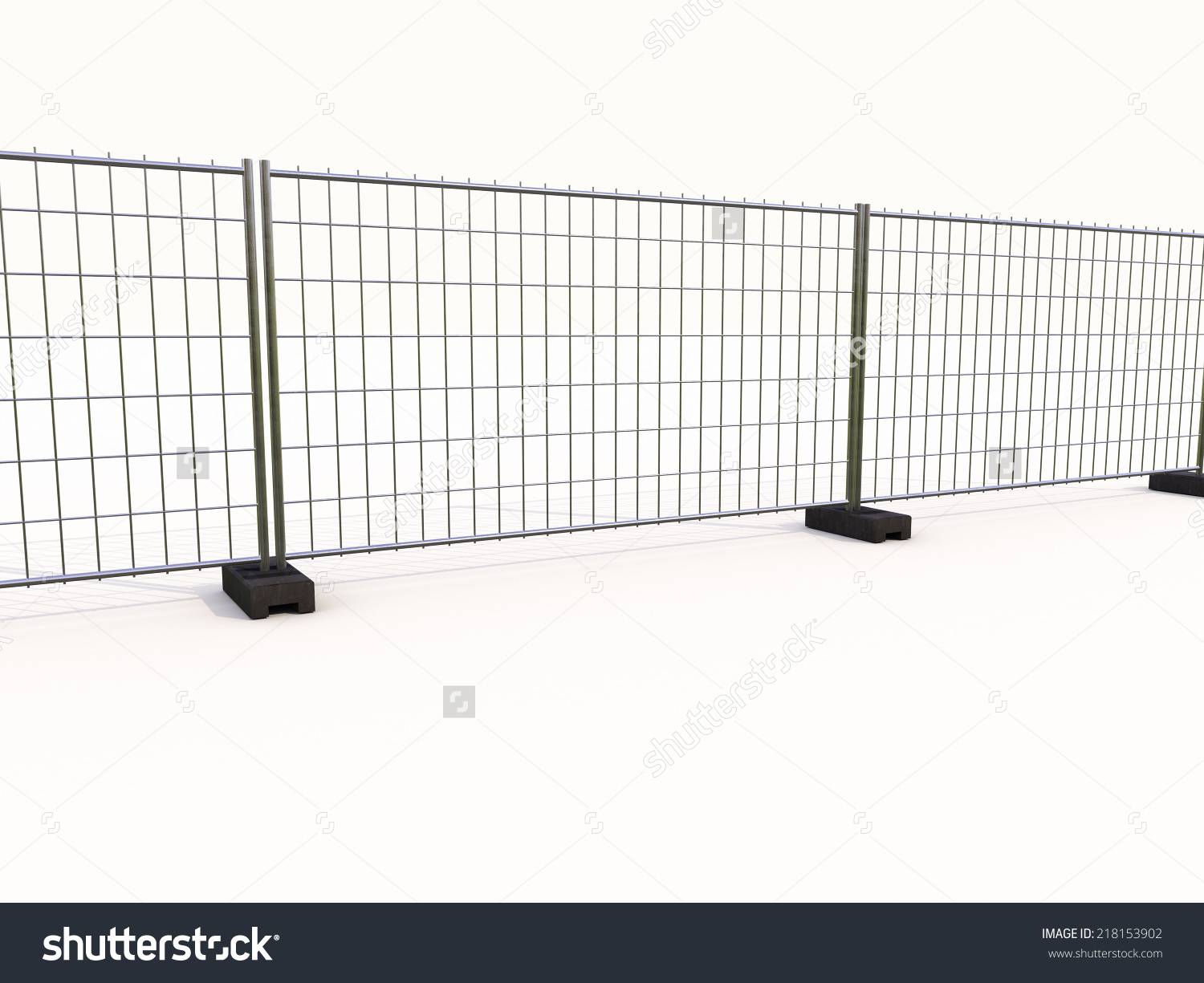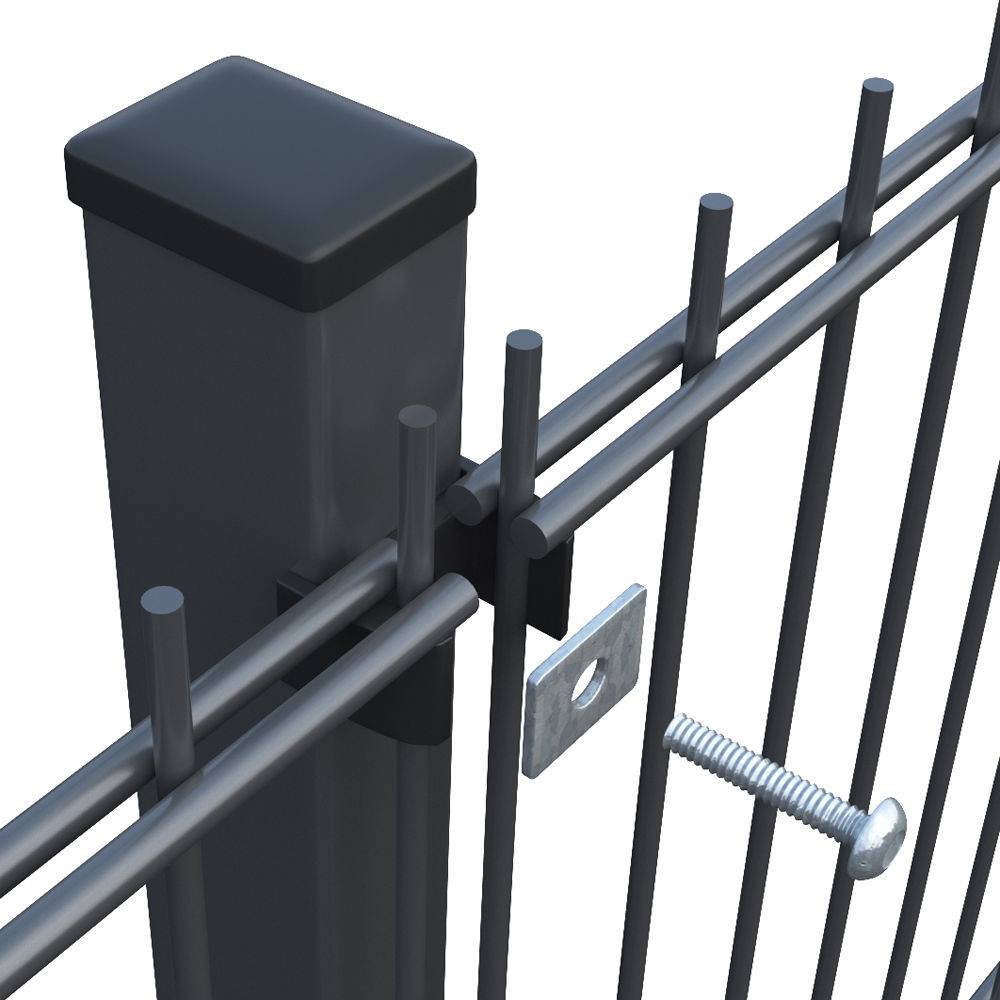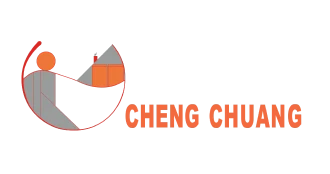

- Afrikaans
- Albanian
- Amharic
- Arabic
- Armenian
- Azerbaijani
- Basque
- Belarusian
- Bengali
- Bosnian
- Bulgarian
- Catalan
- Cebuano
- China
- China (Taiwan)
- Corsican
- Croatian
- Czech
- Danish
- Dutch
- English
- Esperanto
- Estonian
- Finnish
- French
- Frisian
- Galician
- Georgian
- German
- Greek
- Gujarati
- Haitian Creole
- hausa
- hawaiian
- Hebrew
- Hindi
- Miao
- Hungarian
- Icelandic
- igbo
- Indonesian
- irish
- Italian
- Japanese
- Javanese
- Kannada
- kazakh
- Khmer
- Rwandese
- Korean
- Kurdish
- Kyrgyz
- Lao
- Latin
- Latvian
- Lithuanian
- Luxembourgish
- Macedonian
- Malgashi
- Malay
- Malayalam
- Maltese
- Maori
- Marathi
- Mongolian
- Myanmar
- Nepali
- Norwegian
- Norwegian
- Occitan
- Pashto
- Persian
- Polish
- Portuguese
- Punjabi
- Romanian
- Russian
- Samoan
- Scottish Gaelic
- Serbian
- Sesotho
- Shona
- Sindhi
- Sinhala
- Slovak
- Slovenian
- Somali
- Spanish
- Sundanese
- Swahili
- Swedish
- Tagalog
- Tajik
- Tamil
- Tatar
- Telugu
- Thai
- Turkish
- Turkmen
- Ukrainian
- Urdu
- Uighur
- Uzbek
- Vietnamese
- Welsh
- Bantu
- Yiddish
- Yoruba

Wire Mesh for Sale: How to Choose the Right Mesh and Supplier for Your Needs
Wire mesh is one of the most versatile and widely used materials in construction, agriculture, manufacturing, and industrial applications. Whether you're fencing a property, reinforcing concrete, or filtering materials, there's a wire mesh product designed for the job. With so many options available, from standard sheets to custom wire mesh, it's important to understand what to look for when searching for wire mesh for sale and how to choose reliable wire mesh suppliers.
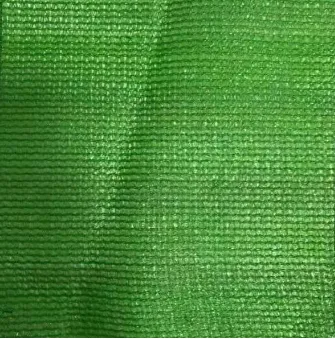
This guide covers everything you need to know to make an informed purchase decision—from types and materials to applications and sourcing.
What Is Wire Mesh?
Wire mesh is a grid made by weaving or welding wires together. The spacing, gauge, and pattern of the wires vary depending on the application. It’s valued for its strength, flexibility, ventilation, and ability to filter or contain materials.
There are two main types:
Woven Wire Mesh: Made by interlacing wires, much like fabric.
Welded Wire Mesh: Consists of intersecting wires that are welded at each joint for extra strength.
Wire mesh is available in rolls, sheets, or can be made to order through custom wire mesh manufacturing.
Common Applications for Wire Mesh
Thanks to its versatility, wire mesh is used across a wide range of industries, including:
Construction: Reinforcing concrete slabs, partitions, and scaffolding safety nets.
Agriculture: Animal enclosures, crop protection, and fencing.
Industrial: Sieving, filtering, and mechanical separation processes.
Security: Anti-climb fencing and window guards.
Interior Design: Decorative panels, cabinet inserts, and architectural features.
Different applications require different mesh sizes, wire gauges, and coatings.
Types of Wire Mesh Available for Sale
When browsing wire mesh for sale, you'll find a wide variety of types based on structure and material:
1. By Structure
Welded Wire Mesh: Strong and rigid; ideal for fencing and heavy-duty applications.
Woven Wire Mesh: More flexible; used in screens and filtration.
Expanded Metal Mesh: Cut and stretched to form a diamond pattern; no welding needed.
Crimped Wire Mesh: Wires are pre-crimped for a strong grip and good structural integrity.
2. By Material
Galvanized Steel: Rust-resistant and budget-friendly; common for outdoor use.
Stainless Steel: Excellent corrosion resistance; ideal for food, chemical, or marine use.
PVC-Coated: Added protection and color options.
Copper, Aluminum, or Brass: Used in specialized industries or decorative purposes.
Benefits of Using Custom Wire Mesh
Off-the-shelf options may not always meet your specifications. That’s where custom wire mesh comes in. Customization allows you to select:
Exact mesh size and spacing
Preferred material and finish
Sheet size and shape
Welding or weaving technique
Whether you need wire mesh for a filtration system with specific flow rates or a decorative piece that matches your brand’s aesthetics, custom solutions provide the flexibility needed to get the perfect fit.
What to Consider When Buying Wire Mesh
Before you choose from the many wire mesh suppliers, consider the following factors:
Mesh Size and Wire Gauge
Finer mesh for filtration or pest control.
Thicker wires and larger mesh for fencing or reinforcement.
Application Environment
Outdoor or marine settings require corrosion-resistant materials like stainless or galvanized steel.
Durability Requirements
For high-impact or heavy-duty uses, choose welded mesh with thicker wire.
Budget
Galvanized wire mesh is generally more affordable than stainless steel or custom designs.
Compliance
Industrial or construction projects may need mesh that meets specific standards (ASTM, ISO, etc.).
How to Choose a Reliable Wire Mesh Supplier
Not all wire mesh suppliers are created equal. Here’s what to look for when choosing one:
Product Range: A good supplier offers a wide variety of mesh sizes, materials, and customization options.
Material Certifications: Verify that materials meet industry standards.
Custom Capabilities: For specialized needs, ensure they can produce custom wire mesh to your specifications.
Customer Reviews: Look for positive feedback, especially regarding product quality and delivery.
Technical Support: A knowledgeable supplier can help you choose the best mesh for your application.
Lead Time and Stock Availability: Quick turnaround is crucial, especially for commercial or construction projects.
Building a relationship with a trusted supplier also ensures better pricing and support for future projects.
Wire Mesh FAQs
Q1: What’s the difference between welded and woven wire mesh?
A: Welded mesh is stronger and more rigid, while woven mesh is more flexible and better for filtration or screen applications.
Q2: Can I get wire mesh cut to a custom size?
A: Yes, many wire mesh suppliers offer cutting and fabrication services, especially for custom wire mesh.
Q3: Is galvanized or stainless steel better for outdoor use?
A: Both are corrosion-resistant, but stainless steel offers longer-term durability, especially in coastal or industrial environments.
Q4: How do I calculate the mesh size I need?
A: Determine the opening size (distance between wires) and wire thickness based on the material you're working with and your desired strength or filtration level.
Q5: Is custom wire mesh expensive?
A: While more costly than standard mesh, custom wire mesh can reduce waste and improve performance, making it cost-effective in many applications.
Recommended Products
Latest News About CHENG CHUANG
-
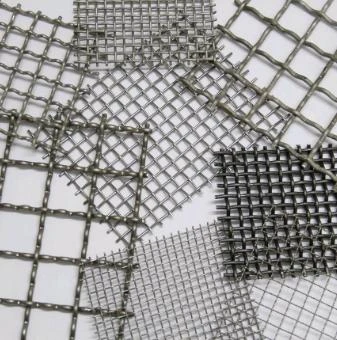 Wire mesh is durableWire mesh represents a cornerstone of modern industrial and agricultural solutions, offering unmatched versatility across countless applications.Read more >
Wire mesh is durableWire mesh represents a cornerstone of modern industrial and agricultural solutions, offering unmatched versatility across countless applications.Read more >Jul 11 2025
-
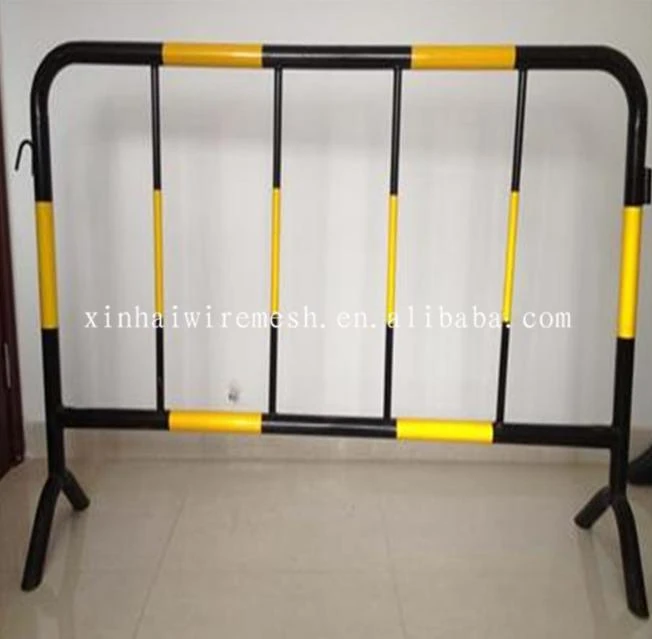 Safety barrier directs traffic flowIn high-risk environments, safety barrier systems stand as non-negotiable guardians against catastrophic incidents.Read more >
Safety barrier directs traffic flowIn high-risk environments, safety barrier systems stand as non-negotiable guardians against catastrophic incidents.Read more >Jul 11 2025
-
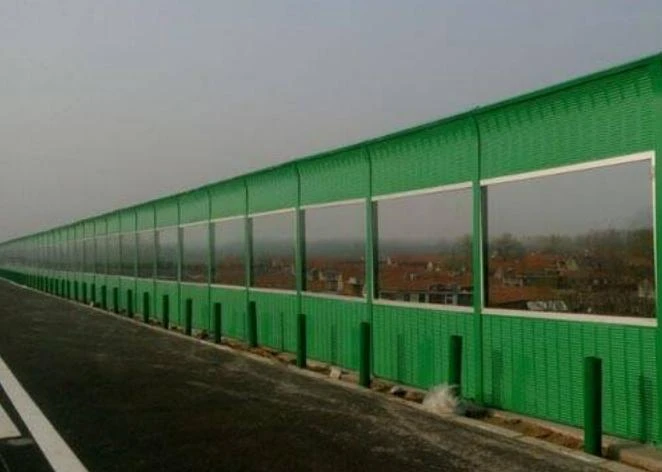 Modular Noise Barrier Eases InstallationUrbanization intensifies noise pollution, making noise barrier systems essential for preserving human health and tranquility.Read more >
Modular Noise Barrier Eases InstallationUrbanization intensifies noise pollution, making noise barrier systems essential for preserving human health and tranquility.Read more >Jul 11 2025
-
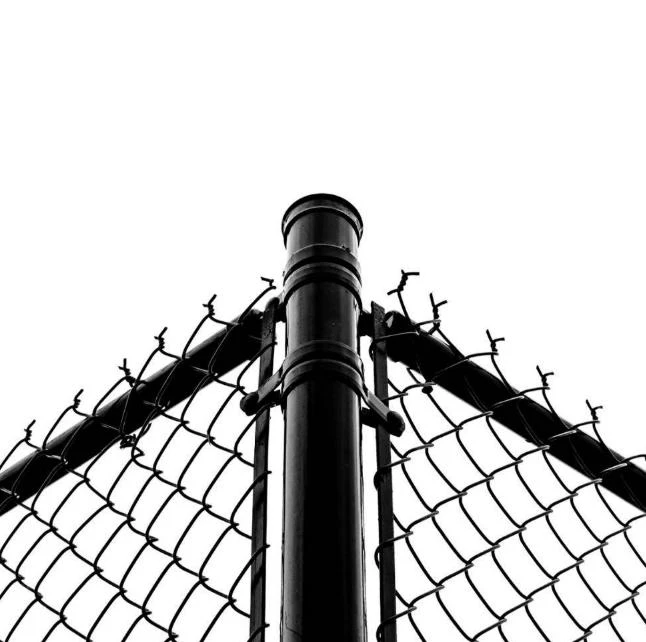 Metal fence types enhance securityMetal fence types form the backbone of modern perimeter security solutions worldwide.Read more >
Metal fence types enhance securityMetal fence types form the backbone of modern perimeter security solutions worldwide.Read more >Jul 11 2025
-
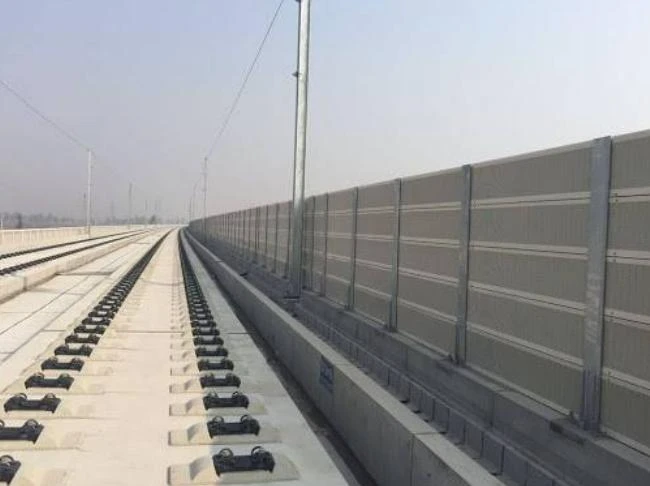 Crowd Control Barrier Manages Foot TrafficThe management of public gatherings demands precision, safety, and reliability, making crowd control barrier systems indispensable tools for organizers worldwide.Read more >
Crowd Control Barrier Manages Foot TrafficThe management of public gatherings demands precision, safety, and reliability, making crowd control barrier systems indispensable tools for organizers worldwide.Read more >Jul 11 2025
